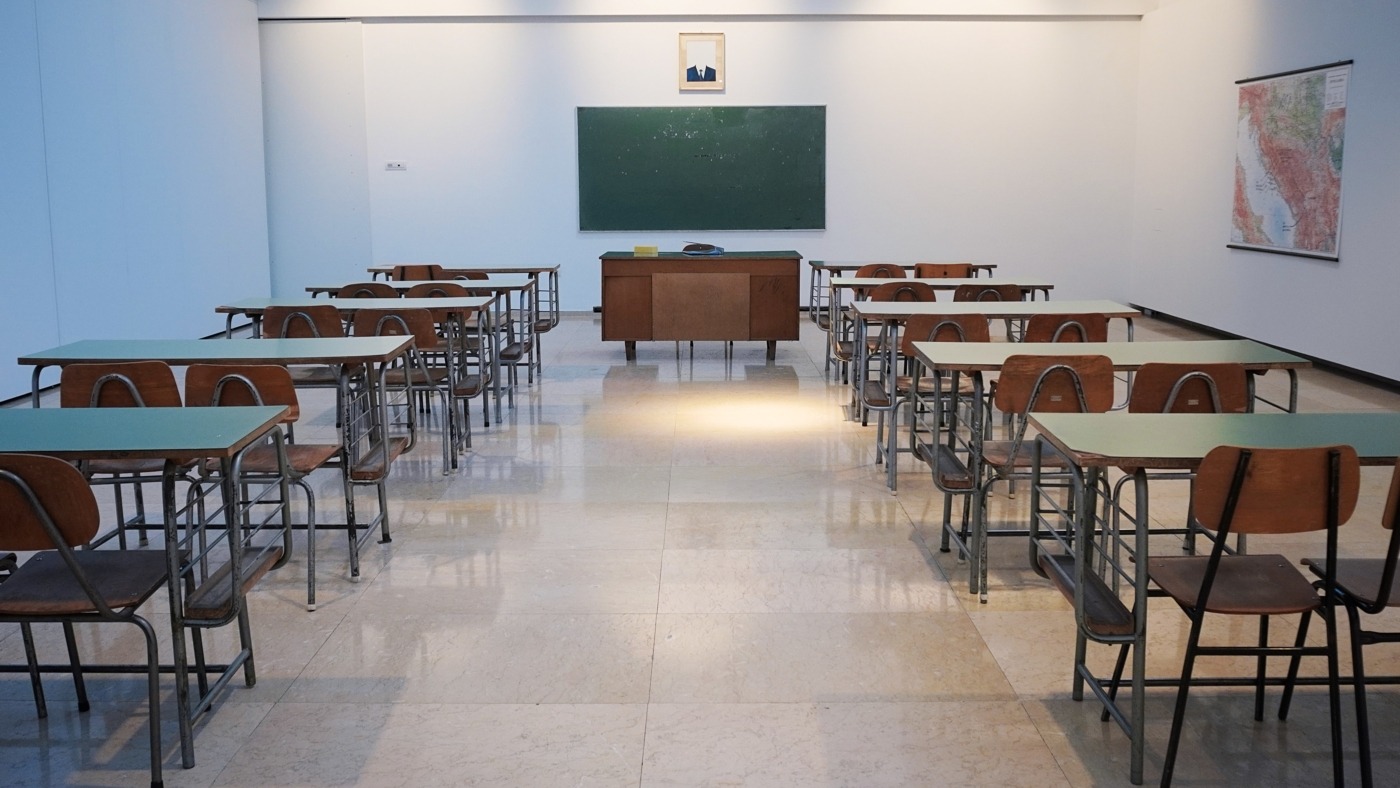Coronavirus is making us reconsider our education system
There is little doubt that the coronavirus pandemic is having a huge impact on society. Borders are closing, stock markets are crashing and governments are announcing multi-billion dollar packages to help their economies ride out the storm. However, one sector that has been highly hit, but less talked about, is education.
Over 850 million students have been impacted by school closures across 102 countries, with this number expected to grow over the coming weeks as more countries impose lockdowns. At university level, an ever-increasing number of universities are announcing a move to online classes for the remainder of the academic year and where this is not possible, cancellations of terms. End of year examinations have also been postponed indefinitely or will take the form of an online assessment.
The traditional rigid university system has already seen a shift to a more flexible approach with the introduction of lecture recording technologies. Such facilities allow for students to view lectures online from the comfort of their own homes. It affords students flexibility in how they schedule their days and allocate their time. Physical lectures have therefore seen a remarkable dip in attendances as these technologies are adopted by a growing number of universities worldwide.
The coronavirus pandemic has forced the education sector to re-evaluate the future of the industry, in terms of how they provide and examine courses.
Some universities, such as Warwick, offer distance learning for entire postgraduate courses. However, universities still prefer to deliver undergraduate courses in a traditional in-person way. With universities pumping in 10s of millions of pounds into enhancing and upgrading their campus experience, it seems as though in-person methods are here to stay for the foreseeable future.
It can be argued that there is a consensus amongst students that most of the closed book examinations that currently take place at school and university involve, to a large extent, the memorising (or ‘mugging-up’) of information. This information is then to be applied and arguments evaluated, in light of the specificities of the question, within tight time limits of just a couple of hours.
In practice, most professions don’t require the memorising of every nuance of a particular matter at hand, or to exercise their brains for a continuous three to four-hour period without break. Lawyers can always refer back to cases and statutes. Teachers refer to source material when they teach. Scientists refer to data and reports when they research. So what is the underlying rationale that justifies such methods of examinations for students?
With an ever-rising number of young adults taking up higher education year on year, there is little doubt that universities will struggle, if they aren’t already, to offer every deserving student a physical seat. Costs of attending university including living costs and accommodation as well as visa restrictions for international students are all considerations that further the need for universities to explore online delivery of undergraduate courses.
It could be said to be a silver lining in the cloudy storm we currently find ourselves in.
Restructuring assessments into an online format would allow students the time to engage more deeply in the content they study, rather than to superficially memorise patterns of words and sentences. Assessments can be designed to focus less on knowledge and more on the application and evaluation aspects that test the critical thinking of a student, not its speed.
In a world where work timings, attire and locations have become much more flexible, the question as to why our education system hasn’t adapted has to be raised.
The coronavirus pandemic has forced the education sector to re-evaluate the future of the industry, in terms of how they provide and examine courses. It offers the chance to bring schools and universities in line with the reality of today’s society, forcing them to confront what they value, and what they perceive ‘education’ to mean.
It could be said to be a silver lining in the cloudy storm we currently find ourselves in.

Comments